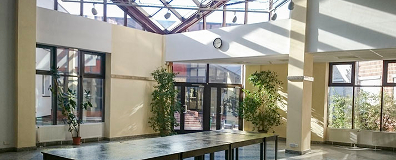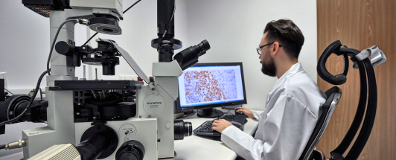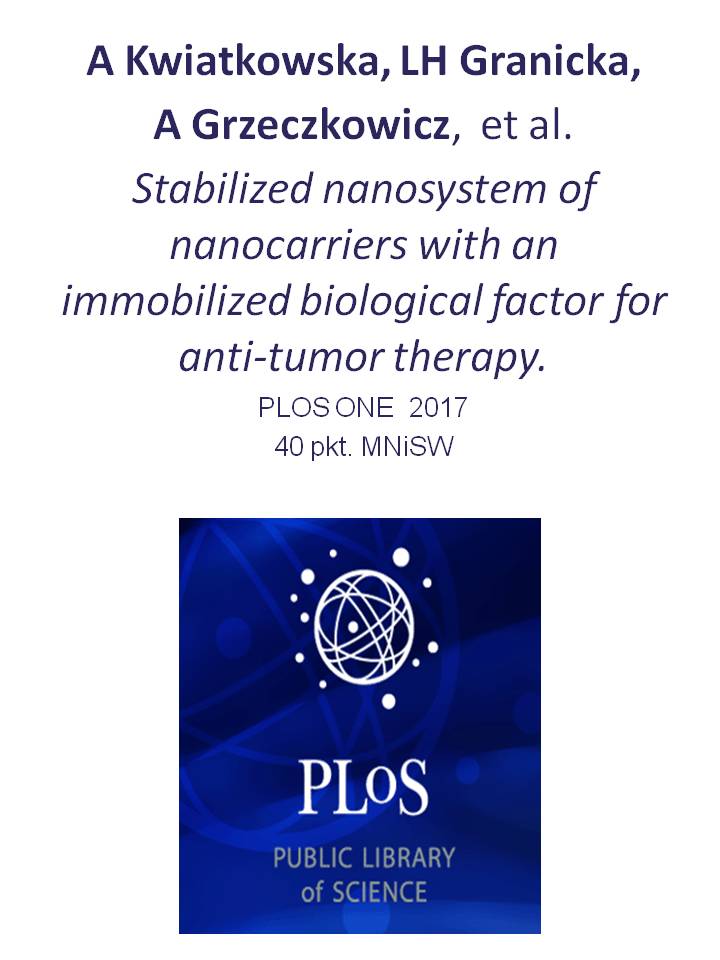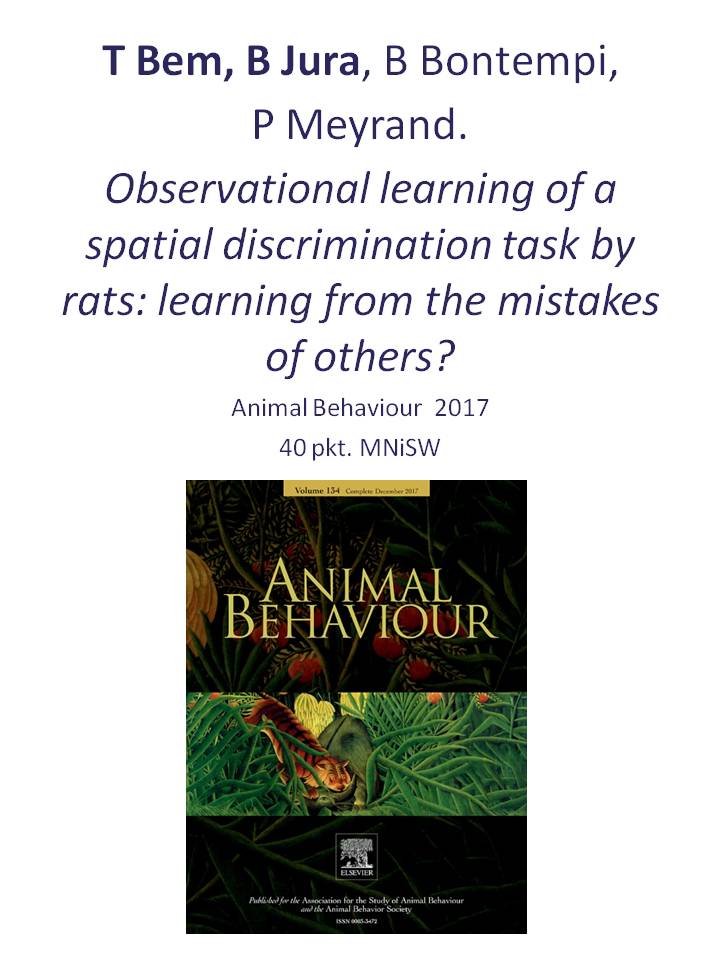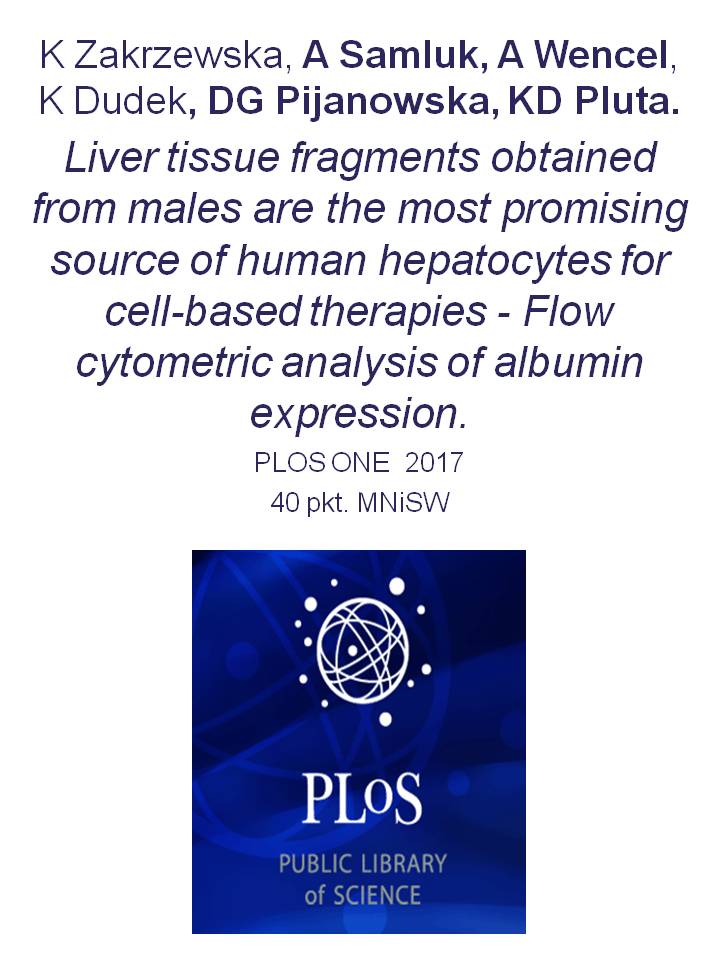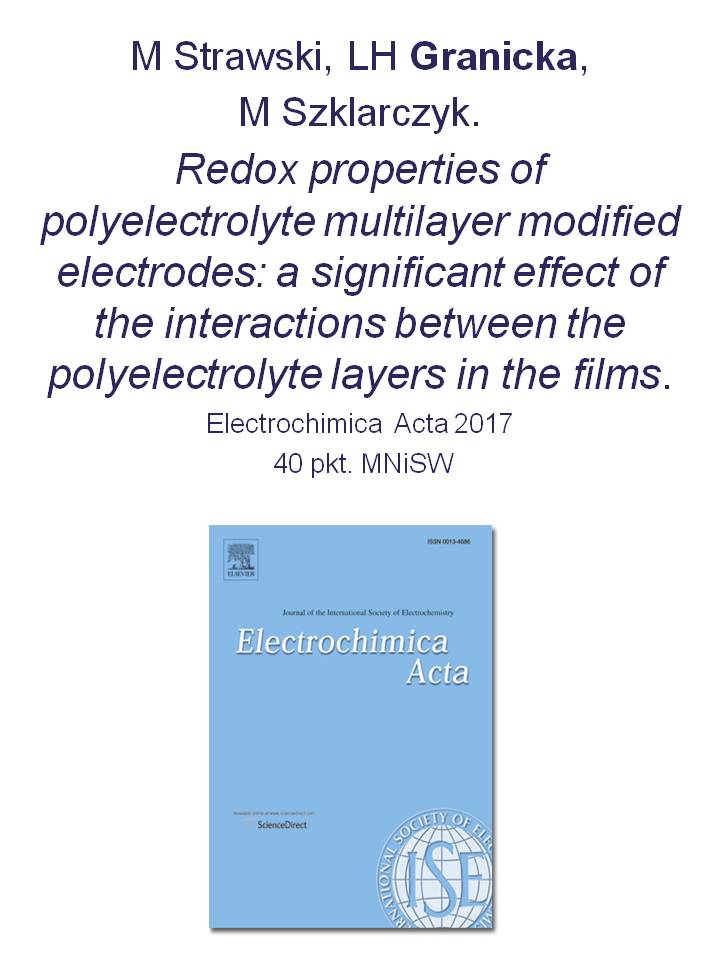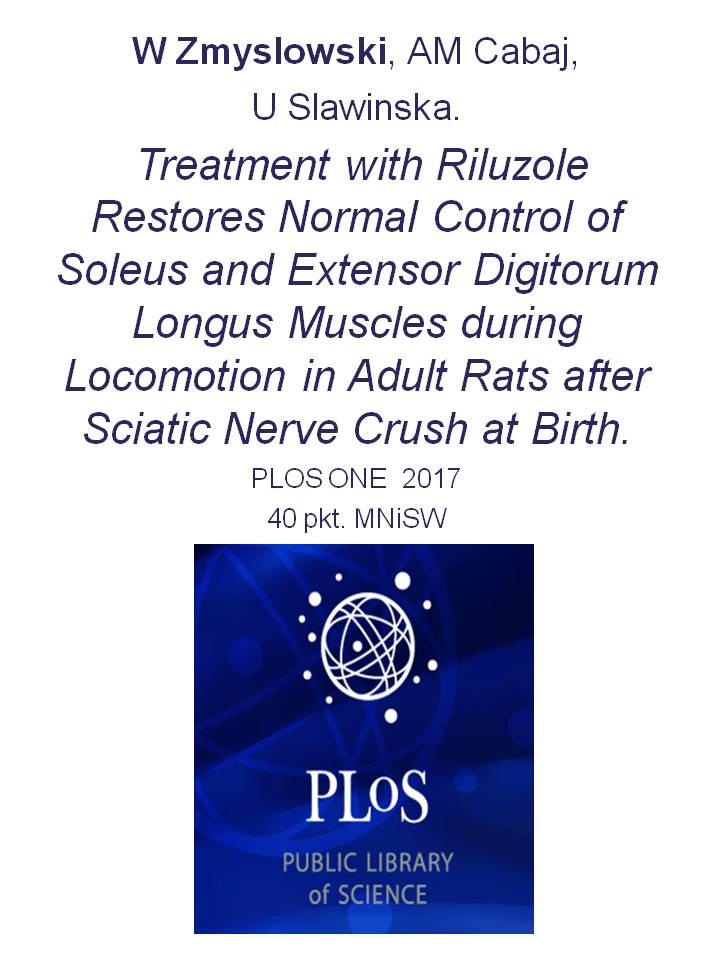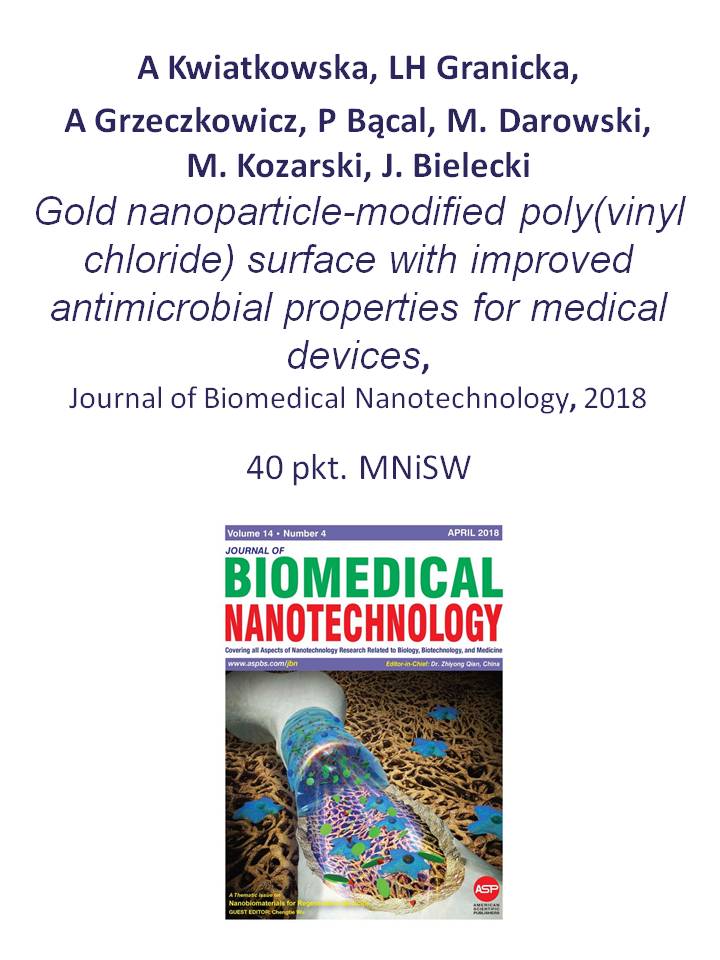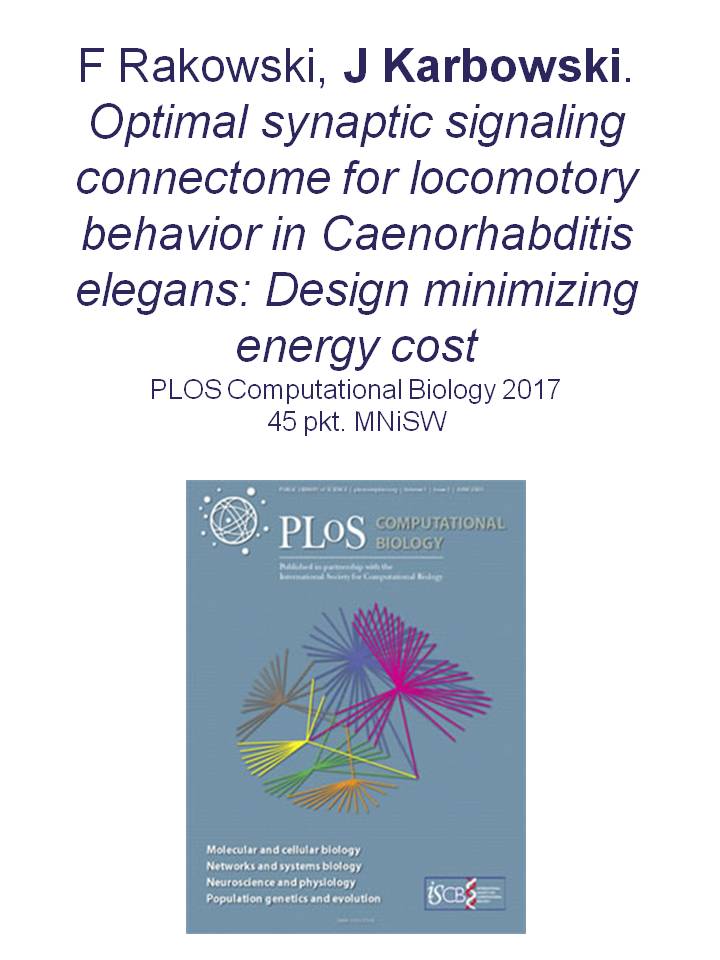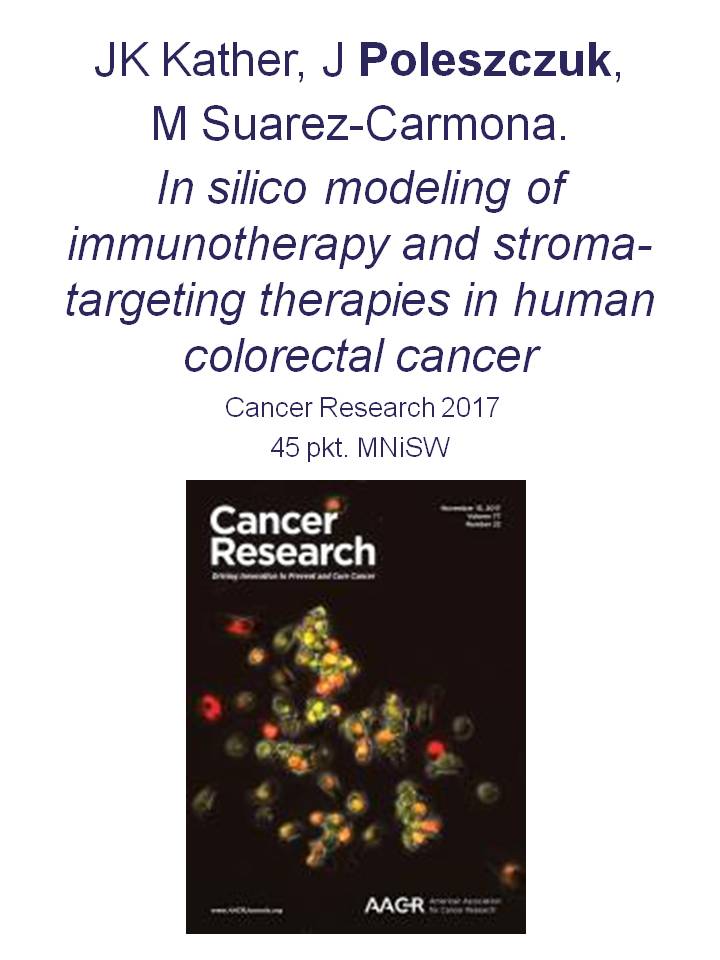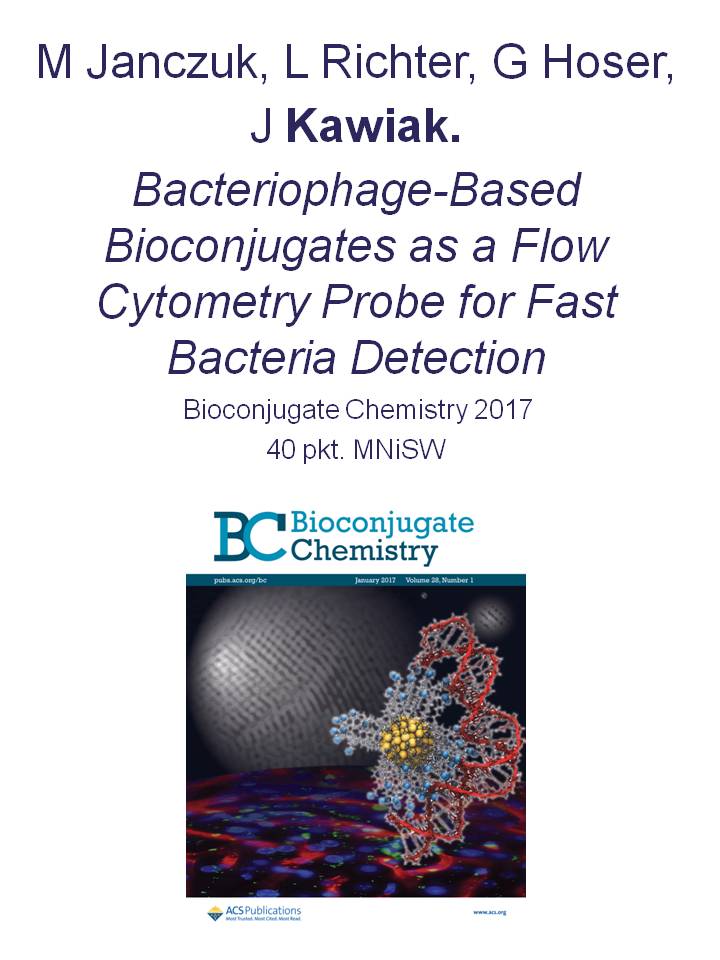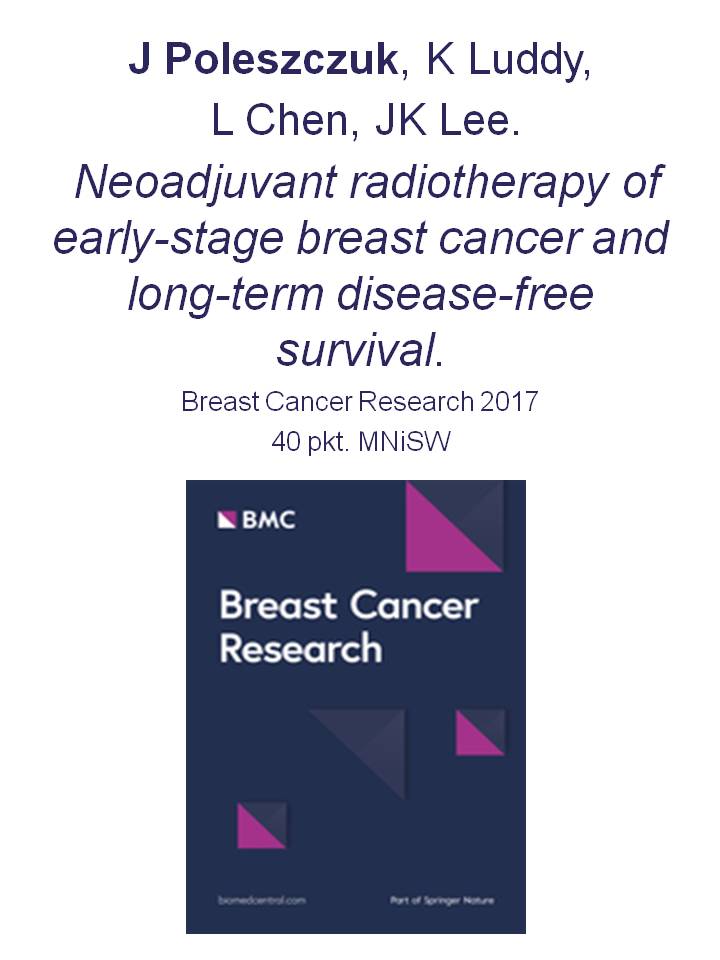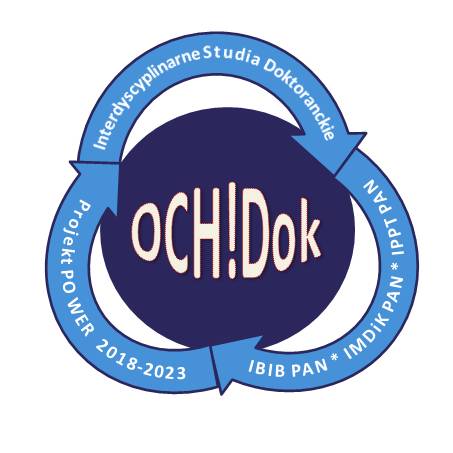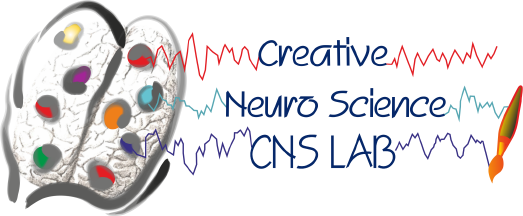MCB
DYREKTOR
Prof. dr hab. inż. Piotr Ładyżyński,
tel. (+48 22)5925942
Przewodniczący RADY NAUKOWEJ MCB
Prof. Jos Vander Sloten
Chairman of the Leuven Medical Technology Center, Belgium
Past President of the European Alliance for
Medical Biological Engineering and Sciences (EAMBES),
Past President of the European Society
of Engineering and Medicine (ESEM)
Head of Division of Biomechanics and Engineering Design
Katholike Universiteit Leuven
Rada Naukowa MCB jest powoływana przez strony Porozumienia. Członkowie Rady Naukowej to wybitni specjaliści w dziedzinie biocybernetyki i inżynierii biomedycznej delegowani przez strony Porozumienia. Pozostałe osoby, maksymalnie do 50% w powyższy sposób powołanego składu Rady, stanowią naukowcy zaproszeni przez Radę Naukową do uczestnictwa w niej "ad personam". Członkowie są powoływani na okres trzech lat, po którym to okresie może nastąpić zmiana charakteru członkowstwa lub reelekcja.
RADA NAUKOWA
Przewodniczący
Prof. J.Van der Sloten - Belgium
Członkowie:
Prof. J.Vander Sloten - Belgium
Prof. R. Raikova - Bulgaria
Prof. M.Long - China
Prof. R.Magjarevic - Croatia - Prezydent The International Federation
for Medical and Biological Engineering (IFMBE)
Assoc. Prof. V.Tuulik - Estonia
Prof. O.Meste - France
Prof. I.Khomeriki - Georgia
Dr. M.G.Trivella - Italy
Prof. J.Waniewski - Poland
Dr. C.Enachescu - Romania
Prof. V.Martynyuk - Ukraine
Prof. Dai Duy Ban - Vietnam
Członkowie "ad personam":
Prof. D.Klonoff - USA
Prof. T.Tamura - Japan
Dr. G.Ferrari - Italy
Prof. B. Lindholm - Sweden
Prof. H. Podbielska - Poland
Prof. Shankar Krishnan
Sekretarz honorowy: dr inż. Krzysztof Pałko
CZŁONKOWIE RADY NAUKOWEJ MCB
(według. krajów)
BELGIA
Prof. Jos Vander Sloten
Chairman of the Leuven Medical Technology Center, Belgium
Past President of the European Alliance for
Medical Biological Engineering and Sciences (EAMBES),
Past President of the European Society
of Engineering and Medicine (ESEM)
Head of Division of Biomechanics and Engineering Design
Katholike Universiteit Leuven
BUŁGARIA
Prof. Rossitsa Raikova
Centre of Biomedical Engineering
Bulgarian Academy of Sciences
CHINY
Prof. Mian Long
National Microgravity Laboratory
and Center for Biomechanics and Bioengineering,
Institute of Mechanics,
Chinese Academy of Science
CHORWACJA
Prof. Ratko Magjarevic
President of the International Federation
of the Medical and Biological Engineering (IFMBE)
University of Zagreb
Faculty of Electrical Engineering and Computing
ESTONIA
Assoc. Prof. Viiu Tuulik
Technical University
Biomedical Engineering Centre
FRANCJA
Prof. Olivier Meste
Université Nice Sophia Antipolis
GRUZJA
Prof. Irina Khomeriki
International Science and Technology Center
Georgian Branch Office
WŁOCHY
Dr. Maria Giovanna Trivella
CNR
Institute of Clinical Physiology
Dr. Gianfranco Ferrari
CNR
Institute of Clinical Physiology
JAPONIA
Prof. Toshiyo Tamura
Waseda University
Future Robotics Organization
POLSKA
Prof. Piotr Ładyżyński
Director of the Institute of Biocybernetic and Biomedical Engineering
Polish Academy of Sciences
Prof. Jacek Waniewski
Institute of Biocybernetic and Biomedical Engineering
Polish Academy of Sciences
Prof. Halina Podbielska
Department of Biomedical Engineering,
Faculty of Fundamental Problems of Technology,
Wrocław University of Science and Technology
RUMUNIA
Prof. Cornelia Enachescu
Institute of Mathematical Statistics
and Applied Mathematics
Academia of Romania
SZWECJA
Prof. Bengt Lindholm
Karolinska University
UKRAINA
Prof. Victor Martyniuk
University of Kiev
Department of Biophysics
USA
Prof. David Klonoff
Clinical professor of medicine at UC San Francisco
Director of the Mills-Peninsula Diabetes Research Institute
Founder and editor of the monthly 'Journal of Diabetes Science & Technology'
Prof. Shankar Krishnan
Past President of the International Federation
for Medical and Biological Engineering (IFMBE)
WIETNAM
Prof. Dai Duy Ban
Institute of Biotechnology
Vietnamese Institute of Science & Technology
Podstawowym dokumentem regulującym funkcjonowanie Międzynarodowego Centrum Biocybernetyki jest Porozumienie zatwierdzone przez Radę Naukową MCB w dniu 22 lipca 1994 r., którego treść w oryginalnym brzmieniu (w jęz. angielskim) przytoczono poniżej.
CONCERNING THE INTERNATIONAL CENTRE FOR BIOCYBERNETICS
approved by the Scientific Council of ICB on July 22, 1994
PREAMBLE
In view of the importance of the fields of biocybernetics and biomedical engineering, and taking account of the need for scientific participation and exchange between Central and Eastern Europe and the rest of the world for the further development of these fields, the signatory scientific institutions, hereinafter called "the Parties" have decided to enter into this Agreement. The list is presented at the end of the Agreement.
Article 1
- In consequence of this Agreement the existence and purposes of the International Centre for Biocybernetics at the Institute of Biocybernetics and Biomedical Engineering of the Polish Academy of Sciences (hereinafter called "ICB") are confirmed and its function and modus operandi are hereby clarified, modified and extended by the Signatories. The ICB is located in Warsaw, Poland.
Article 2
The ICB acts in accordance with this Agreement as signed by all Parties.
UNDERSTANDING
The understanding of the Parties is as follows:
Article 3
- The main objectives of the ICB are: exchange of scientific experience and the improvement of professional qualifications, and facilitation of research and application in the field of:
- biosystems,
- biomeasurements,
- artificial organs and biomaterials,
- biomechanics,
- informatics in medicine, - and other fields also connected with application of technology to biology, medicine and health care. To achieve these aims, the ICB will undertake the following activities:
- organisation of scientific meetings in the form of seminars, summer schools and conferences as well as other meetings aimed at the exchange of information and of experience;
- facilitation and encouragement of research and development;
- acquisition and dissemination of relevant information, including publication of scientific materials connected with ICB activities.
Article 4
- Specialists from the Parties participating in this Agreement will contribute to the work of ICB.
- Specialists from other countries or organisations may be invited by the Director of ICB to take part in its work.
Article 5
The ICB has no juridical personality. In legal relations with third parties, the Institute of Biocybernetics and Biomedical Engineering of the Polish Academy of Sciences acts on behalf of the ICB.
Article 6
- The Scientific Council of the ICB is appointed by the Parties to this Agreement.
- The members of the Scientific Council are distinguished specialists in the field of biocybernetics or biomedical engineering delegated by the Parties participating in this Agreement. Other persons up to a maximum of 50% of those directly appointed may be invited "ad personam" to become members on the proposal of the Scientific Council. Members would serve for a period of three years, unless specifically reappointed or reinvited for another term.
- The Chairman of the Scientific Council is elected from among the members of the Scientific Council for a period of three years by simple majority of votes cast by those attending.
- The functions of the Scientific Council will be:
- to formulate general guidelines for the ICB activities;
- to consider proposals of the Director concerning the programme
and budget of the ICB as well as the annual contributions of
the Parties which are discussed and agreed in advance between
the Director and the Parties concerned;
- to consider reports of the Director on the activities resulting
from this Agreement. - The Scientific Council may propose Statutes for the ICB if thought desirable.
- The Scientific Council will meet at least once a year upon convocation by the Chairman or more frequently on the proposal of at least half of the Scientific Council members.
- Each member of the Scientific Council can authorise another person to represent him/her in the Scientific Council meetings.
- At each meeting 5 members, of whom at least 3 shall be appointed members, should constitute a quorum and each member shall have one vote.
- Except as provided in Article, 12 the decisions of the Scientific Council will be made by a simple majority of votes of the members present and in the event of a tie the Chairman will have the casting vote.
Article 7
- The Director of the ICB will be a representative of the Polish Academy of Sciences appointed by its authorities.
- The Director represents the ICB in contacts with the Parties to this Agreement and with other institutions.
- The ICB Director shall inter alia:
- administrate the ICB activities and supervise their realisation;
- consult with the Parties and present to the Scientific Council for approval the proposals about their annual contributions to the ICB;
- prepare and present to the Scientific Council an annual report including a financial report, propose budget and draft programme ICB activities;
- organise the sessions of the Scientific Council;
- appoint the scientific and general staff of the ICB activity in accordance with its programme;
- execute the programme and budget within the framework of general guidelines formulated by the Scientific Council.
Article 8
- The ICB shall publish the results of its activities provided that such publication does not contravene existing policy regarding rights to intellectual property.
- Except as otherwise agreed in advance in specific cases, all rights related to any works produced or developed by the ICB shall be vested in the Institute of Biocybernetics and Biomedical Engineering of the Polish Academy of Sciences for the benefit of the ICB.
- ICB shall use the results of its original works according to Polish law.
Article 9
- The resources necessary for the activities of the ICB shall consist of:
- the seed contribution allocated by the Polish Party,
- the annual contribution allocated by the Polish Party to cover the basic running costs,
- annual contributions allocated by the other Parties,
- other contributions, including gifts, bequests, subventions, grants and charitable funds as may be granted by other organisations and institutions, whether public or private persons; by associations or by individuals,
- other income from sources approved by the Scientific Council. - Financial resources mentioned in paragraph 1 shall be used to cover ICB operating expenses such as office space, equipment, related facilities and publications.
- Travel expenses of the appointed members for sessions of the Scientific Council will be met by the sending organisation. Other expenses connected with Scientific Council sessions will normally be covered by the Party in whose country the session is being held.
- During ICB meetings in Poland the ICB will provide accommodation, subsistence and emergency medical care for members of the Scientific Council and for invited lecturers.
- Costs of travel, accommodation and subsistence of other participants at seminars and in the other ICB activities are not met by ICB but are normally covered by the sending organisation.
Article 10
National and international scientific institutions interested in the ICB activities may become Parties of the Agreement subject to Scientific Council approval.
Article 11
The working language of the ICB is English.
Article 12
The present Agreement and Understanding shall be valid for an indefinite period on the understanding, however, that each Party has the right to terminate its membership at the end of any calendar year upon giving notice in writing to the Polish Academy of Sciences at least six months in advance. If thought fit for substantial reasons, the Scientific Council may recommend to the Institute of Biocybernetics and Biomedical Engineering that the membership of any Party shall be terminated. The Institute will make appropriate enquiries before initiating appropriate action.
The present Agreement and Understanding may be changed on written approval given by two-thirds majority of all members of the Scientific Council. Votes may be cast by correspondence.
Article 13
- The ICB activities will be terminated if so decided by a two-thirds majority of all Parties.
- In the case of such termination the Institute of Biocybernetics and Biomedical Engineering of the Polish Academy of Sciences will resume responsibility for the ICB estate.
- All problems connected with the ICB termination will be the responsibility of the Institute of Biocybernetics and Biomedical Engineering of the Polish Academy of Sciences.
Article 14
- This Agreement and Understanding is subject to approval according to the legal regulations of each country. Notifications of approval are to be sent to the depository.
- The Agreement and Understanding shall enter into force for an individual Party on approval by that Party.
- When the present Agreement and Understanding is signed, the Parties hereto agree thereby to this replacement of the Agreement establishing the ICB signed on 27th October, 1987 and modified in February, 1993.
- The Agreement and Understanding of July 22, 1994 will be deposited by the Polish Academy of Sciences which is to act as depositor of the Agreement.
The Agreement and Understanding Concerning the International Centre for Biocybernetics approved by the Scientific Council of ICB on July 22, 1994 is hereby signed by:
Bulgarian Academy of Sciences
Chinese Academy of Medical Sciences
The Institute of Experimental and Clinical Medicine in Tallinn, Estonia
Georgian Academy of Sciences
Institute of Biomedical Technologies, Italy
Polish Academy of Sciences
Romanian Academy
Russian Academy of Sciences
Taras Shevchenko Kiev University, Ukraine
Vietnam National Centre for Natural Science and Technology
INFORMACJE OGÓLNE
Międzynarodowe Centrum Biocybernetyki rozpoczęło swoją działalność w czerwcu 1988 roku.
MCB jest organizacją o charakterze międzynarodowym i zrzesza Akademie Nauk i inne instytucje prowadzące badania w zakresie biocybernetyki i inżynierii biomedycznej. Organizacja ta działa na podstawie nowego Porozumienia o utworzeniu MCB opracowanego przez Radę Naukową MCB w 1994 r. i podpisanego przez organizacje członkowskie.
Nowi członkowie MCB są przyjmowani na podstawie zgłoszenia woli uczestnictwa do Prezydium PAN, a następnie, po uzyskaniu akceptacji, na podstawie podpisanego Porozumienia.
W lutym 1991 roku MCB zostało mianowane jako World Health Organization Collaborating Centre for Research and Training - in Biocybernetics and Biomedical Engineering. Powtórna nominacja nastąpiła w 1995 r.
GŁÓWNE CELE DZIAŁALNOŚCI
Podstawowym celem działalności MCB jest wymiana informacji naukowej, doskonalenie kwalifikacji zawodowych oraz promowanie wyników badań poprzez organizację seminariów, konferencji i szkoleń w następujących obszarach badawczych: biosystemy, biopomiary, sztuczne narządy wewnętrzne, biomechanika i bioinformatyka.
Aby osiągnąć powyższe cele MCB podejmuje następujące działania:
- organizacja spotkań naukowych w formie seminariów, szkół letnich, konferencji, jak również innego rodzaju przedsięwzięć, których celem jest wymiana informacji i doświadczeń;
- ułatwianie i wspieranie prowadzenia badań naukowych i rozwoju dziedziny;
- gromadzenie oraz rozpowszechnianie wiedzy w zakresie inżynierii biomedycznej obejmujące publikację materiałów naukowych związanych z działalnością MCB.
DZIAŁALNOŚĆ NAUKOWA
MCB jest organizatorem Seminariów i innych spotkań naukowych obejmujących swoim zakresem następujące główne działy biocybernetyki i inżynierii biomedycznej: biosystemy, biopomiary, sztuczne narządy, biomechanika i bioinformatyka. Programy naukowe Seminariów obejmują najnowsze wyniki badań podstawowych z dziedziny procesów fizjologicznych, nowoczesnych technologii, projektowania urządzeń i systemów na potrzeby lecznictwa oraz wspomagania procesów życiowych, problemy z obszaru diagnostyki klinicznej oraz przetwarzania informacji. Od roku 1988 do grudnia 2009 MCB zorganizowało 105 seminariów i warsztatów.
Czas trwania Seminarium oscyluje pomiędzy 2 a 5 dniami. Liczba uczestników waha się pomiędzy 40 a 140 osobami.
Podsumowując, do tej chwili w Seminariach MCB wzięło udział ponad 6.000 naukowców z 45 krajów całego świata.
GRUPY STUDYJNE MCB
Jeżeli w ramach jednego kierunku badań ma miejsce 2 do 4 Seminariów organizowanych przez tą samą grupę osób - tworzą one Grupę Studyjną.
Jak dotąd wyodrębnione zostały Grupy Studyjne obejmujące następujące kierunki badań:
- Pomiary biochemiczne
- Optoelektronika w diagnozowaniu medycznym
- Magneto- i elektrokardiografia wysokiej rozdzielczości
- Pomiar ruchu gałki ocznej i jego zastosowania
- Biomechanika i robotyka medyczna
- Statystyka w praktyce klinicznej
- Układ oddechowy i sercowo - naczyniowy
- Modelowanie matematyczne w inżynierii biomedycznej
- Enkapsulacja komórek
- Sztuczna trzustka
Zadaniem Grup Studyjnych jest pogłębianie badań w ramach wyodrębnionych kierunków inżynierii biomedycznej oraz inicjowanie międzynarodowych programów współpracy naukowej. Projekty te mogą następnie ubiegać się o dofinansowanie poprzez organizacje międzynarodowe (np. działające w ramach UE). Jak również niektóre z tych projektów mogą stanowić podstawę do nawiązania współpracy bilateralnej pomiędzy wybranymi laboratoriami naukowymi.
PRZYSZŁA DZIAŁALNOŚĆ
Przyszła działalność MCB nakierowana jest na kontynuację prowadzonych prac oraz ich intensyfikację w ramach istniejących kierunków badań, rozszerzając je w szczególności o obrazowanie biomedyczne, inżynierię tkankową, komórkową i molekularną.
DZIAŁALNOŚĆ DYDATKTYCZNA
MCB stanowi platformę, dzięki której studenci mają możliwość uaktualnienia swojej wiedzy w zakresie najnowszych osiągnięć w wybranych dziedzinach inżynierii biomedycznej. Uczestnictwo w Seminariach MCB stanowi dla nich niepowtarzalną okazję do spotkania z naukowcami o światowej renomie, prezentacji wyników swoich prac oraz podjęcia starań, których celem są stypendia, staże podoktoranckie i czasowe pobyty dla samodzielnych pracowników naukowych w wybranych wiodących zagranicznych ośrodkach naukowych. Seminaria MCB pełnią istotną rolę we wspomaganiu rozwoju kariery naukowej młodych naukowców.
PUBLIKACJE
Międzynarodowe Centrum Biocybernetyki publikuje teksty wykładów wygłaszanych w trakcie organizowanych Seminariów w formie zeszytów Lecture Notes of the ICB Seminars. Wybrane teksty, w wersji rozszerzonej, ukazują się w kwartalniku Biocybernetics and Biomedical Engineering. Kwartalnik ten jest wydawnictwem Instytutu Biocybernetyki i Inżynierii Biomedycznej im. M. Nałęcza PAN indeksowanym przez Thomson Reuters w bazach Science Citation Index Expanded (SciSearch®), Journal Citation Reports/Science Edition oraz przez Elsevier w bibliograficznych bazach danych SCOPUS i EMBASE. Teksty prezentacji (1300 - 1500 słów), poprzedzone krótkim abstraktem (do 200 słów), powinny być przesyłane na adres MCB najpóźniej na cztery tygodnie przed terminem rozpoczęcia się Seminarium. Szablon dotyczący przygotowania materiałów do druku można pobrać z następującego adresu: TEMPLATE
INNE
Wykładowcy organizowanych przez MCB Seminariów pochodzący z krajów, które podpisały Porozumienie są delegowani przez organizacje członkowskie. Pozostali wykładowcy są zapraszani przez Dyrektora MCB. Seminaria mają miejsce w siedzibie IBIB PAN. W trakcie trwania Seminariów jego wykładowcy, jak również wybrani uczestnicy, są zakwaterowywani w pokojach gościnnych IBIB PAN.
KONTAKT
Sekretariat MCB:
ul. Ks. Trojdena 4, 02-109 Warszawa, POLSKA
telefon(+48) 22 592 59 70,
mail: Ten adres pocztowy jest chroniony przed spamowaniem. Aby go zobaczyć, konieczne jest włączenie w przeglądarce obsługi JavaScript.
MENU
- Aktualności
- O Instytucie
- Misja i Władze
- HR Excellence
- Studia doktoranckie
- Szkoły doktorskie
- Stopnie naukowe
- Działalność naukowa
- Oferta Instytutu
- MCB
- Wydawnictwa
- Biblioteka
- Centrum Konferencyjne
- Użyteczne linki
- Pracownicy
- Galeria
- Dla mediów
- Kontakt
- Pomoc
- Polityka prywatności
Instytut Biocybernetyki i Inżynierii Biomedycznej im. Macieja Nałęcza PAN, ul. Ks. Trojdena 4, 02-109 Warszawa
E-mail:Ten adres pocztowy jest chroniony przed spamowaniem. Aby go zobaczyć, konieczne jest włączenie w przeglądarce obsługi JavaScript.; Telefon: (+48) 22 592 59 00;
Copyright(c) 2016 IBIB PAN
Wszelkie prawa zastrzeżone
W celu zapewnienia jak najlepszych usług online, ta strona korzysta z plików cookies. Usuń ciasteczka
W celu zapewnienia jak najlepszych usług online, ta strona korzysta z plików cookies.
Jeśli korzystasz z naszej strony internetowej, wyrażasz zgodę na używanie naszych plików cookies. Dalsze informacje
Użyteczne linki
POLITYKA PRYWATNOŚCI
INFORMACJA O PRZETWARZANIU DANYCH OSOBOWYCH
OGÓLNE
Komitet Biocybernetyki i Inżynierii Biomedycznej Polskiej Akademii Nauk
Polskie Towarzystwo Inżynierii Biomedycznej
Ministerstwo Nauki i Szkolnictwa Wyższego
Biuletyn Informacji Publicznej
WSPIERANIE DZIAŁALNOŚCI NAUKOWEJ
Fundacja na rzecz Nauki Polskiej (FNP)
Narodowe Centrum Badań i Rozwoju (NCBiR)
Agencja Badań Medycznych (ABM)
Narodowa Agencja Wymiany Akademickiej (NAWA)
Polska Agencja Rozwoju Przedsiębiorczości (PARP)
PROGRAMY RAMOWE UNII EUROPEJSKIEJ
BAZA PUBLIKACJI
Lista czasopism punktowanych MNiSW
InCites Journal Citation Reports
ISI Web of Knowledge Journal Citation Report
ICM - Wirtualna Biblioteka Nauki
INNE
ZBIORY DANYCH



